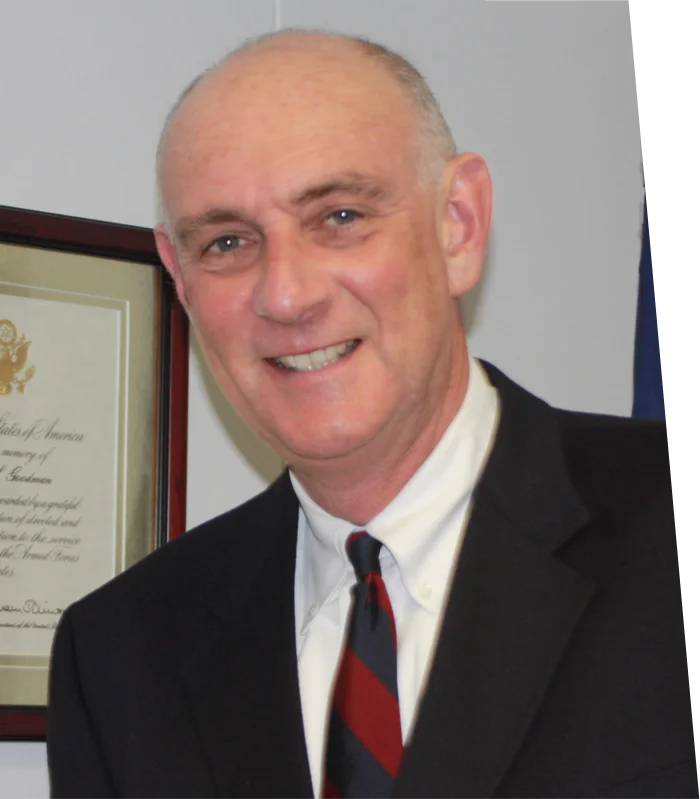|
|
Last Modified on Feb 06, 2025
Here’s a link to an interesting article:
I really agree with the author. Even though I’ve been practicing criminal law (DUI, Domestic Violence, Theft, Drugs, etc.) in Alameda County for over 25 years as both a prosecutor and defense attorney, I don’t have all the answers and I don’t pretend that I do. Law can be complicated. The effective lawyer has the ability to research areas of law that apply to your individual case. Every case is individual. Moreover, unresolved factual disputes must be determined, within the rules of evidence, prior to the application of law. Sometimes the only honest answer is: I don’t know.
Call me, email me, blog me. I’d like to know what you think.
http://lawyerist.com/say-i-dont-know/
It’s OK not to know everything about the law, even though your friends and family assume that you do, because you went to law school.
Doctors run tests to diagnose ill patients. Pilots run through emergency checklists to diagnose aircraft malfunctions. Parents ask questions (of themselves and their children) to diagnose the source of temper tantrums.
But, because you went to law school, you are assumed to know everything about the law. It makes new lawyers uneasy. Your skill at quickly and accurately diagnosing a problem (just like other practical skills) will inevitably get better with time and experience, but until then—and even then—we should know why it’s OK for a lawyer to tell a client “I don’t know.”
Be Strong Enough to be Weak
Lawyers, especially new lawyers with a confidence problem, or who are obsessed by the wrong things, feel compelled to voice their opinion. You have to be strong enough to be weak, which is the title of a section from Jon Kabat-Zinn’s book Wherever You Go, There You Are.
It’s like Kabat-Zinn wrote this specifically for lawyers:
If you are a strong-willed and accomplished person, you may often give the impression that you are invulnerable to feeling inadequate or insecure or hurt. This can be very isolating and ultimately cause you and others great pain.
On one hand, it’s ridiculous to say that lawyers don’t diagnose. The entire profession revolves around parsing law and facts behind a desk and giving voice to a legal argument in a boardroom or courtroom, long after the initial problem presented itself. Very few situations lend themselves to a firm diagnosis right off the bat.
But if we build an image of invincibility, strength, and special knowledge, as Kabat-Zinn writes, because we want to look confident, we instead become isolated. Not saying “I don’t know” is essentially a lie. Being strong enough to be weak means you have the courage to admit you don’t know. It’s perfectly acceptable, as Randall Ryder wrote last year. It means, like the doctor, you believe that diagnosing the problem is a major part of what it means to be a lawyer—and you have the confidence to make your belief known.
Again, Kabat-Zinn:
What looks like weakness is actually where your strength lies. And what looks like strength is often weakness, an attempt to cover up fear; this is an act or a facade, however convincing it might appear to others or even to yourself.
To be confident—to impress clients with true confidence—is to admit that you don’t know, but that you’re strong enough to find the answer.






